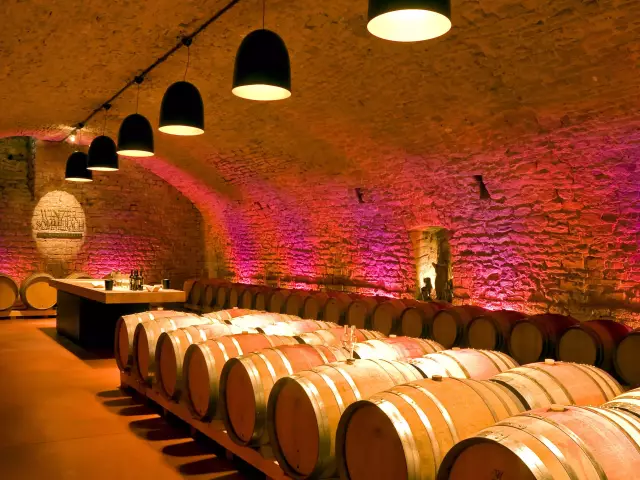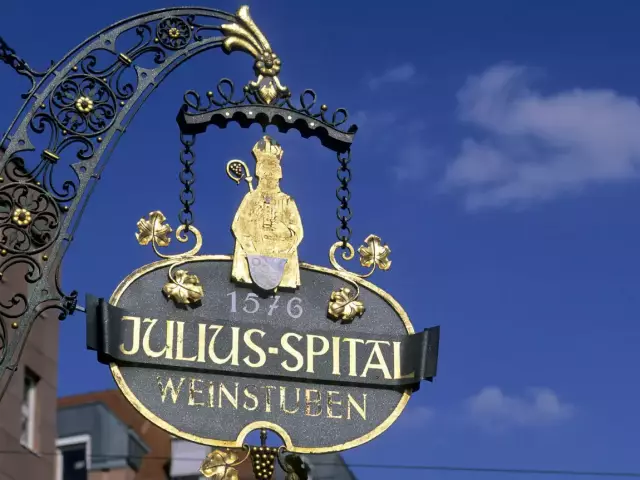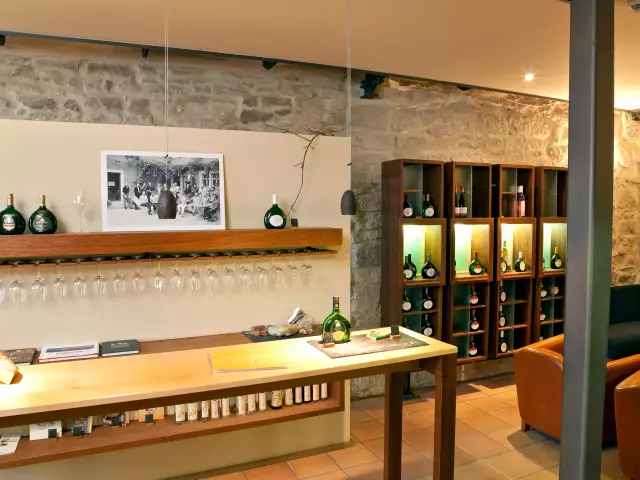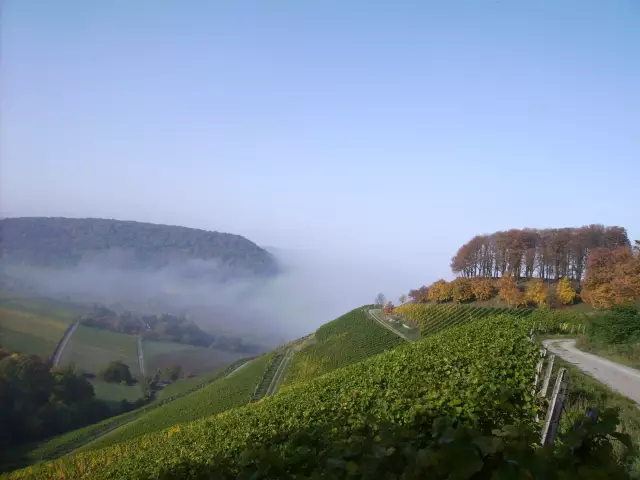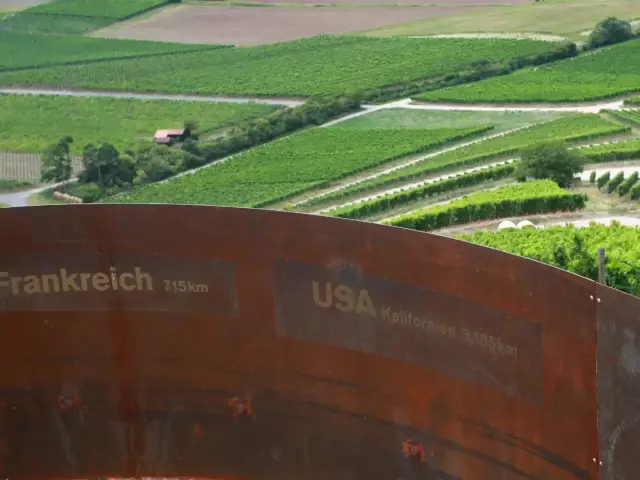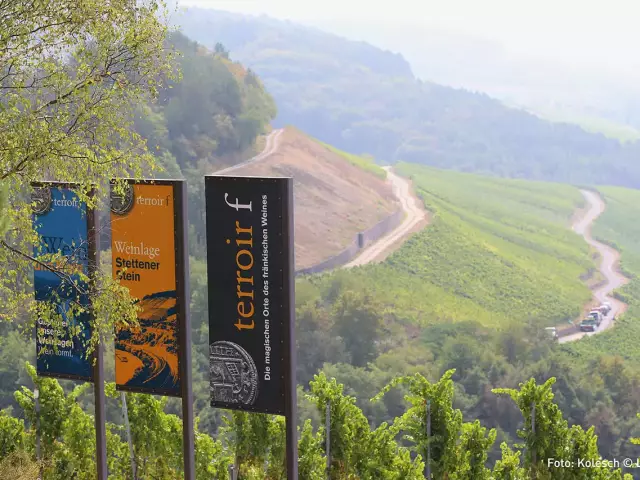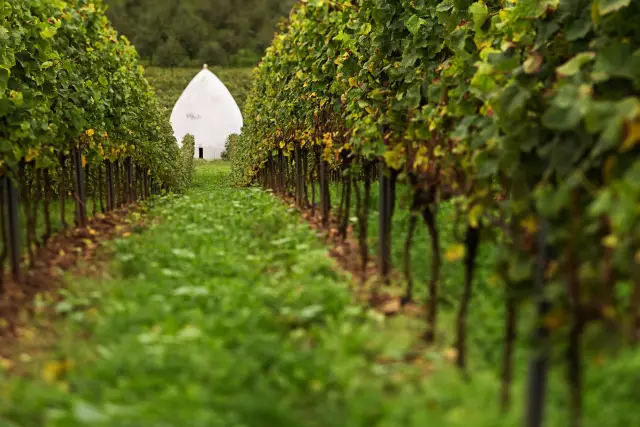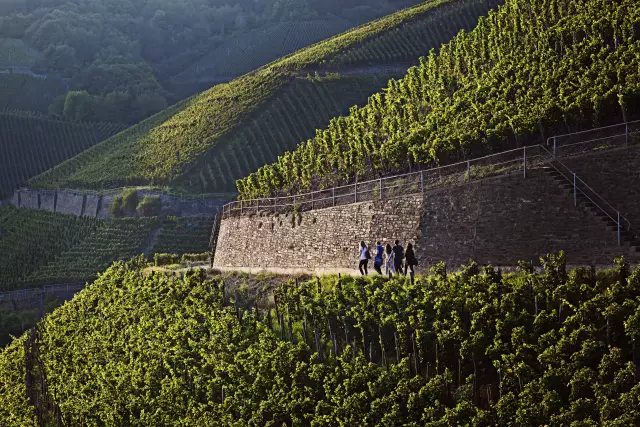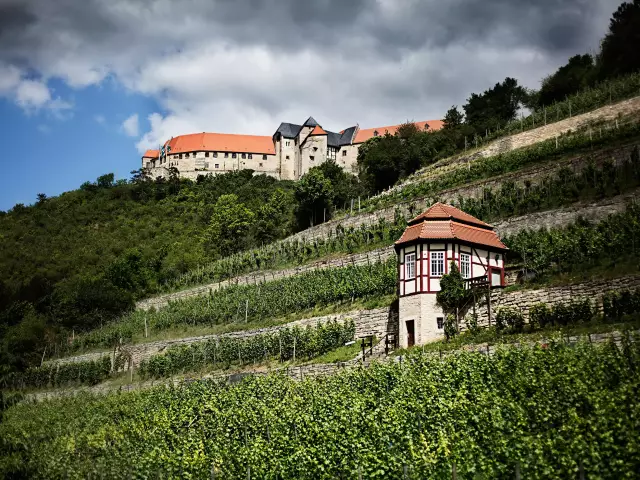Franken
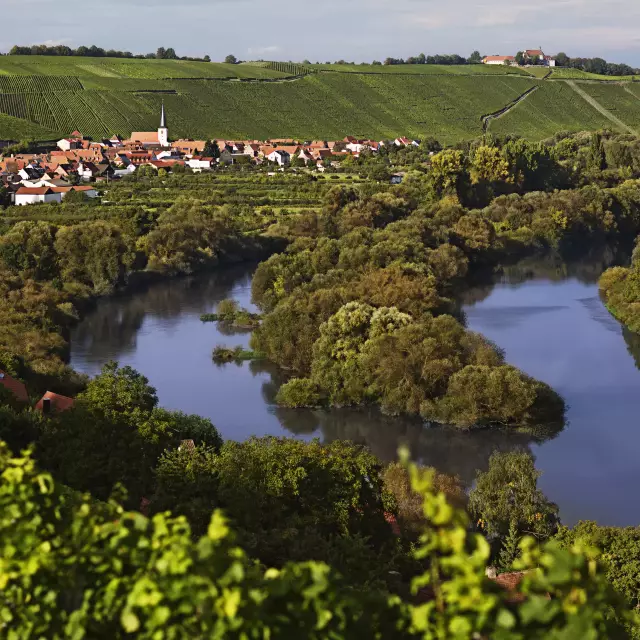
The Bocksbeutel is the trademark of Franconian wine, which has been cultivated for over 1200 years, especially along the Main River. Franconian wine country is bordered by the Rhön Mountains to the north, the Steigerwald Forest to the east, the Tauber Valley to the south and the Spessart Mountains to the west.
Facts
-
6.173 ha
Vineyard area
-
216
single vineyards
-
82,6 %
White wine percentage
-
1.563 ha
Silvaner
Franken - Bocksbeutel Country
Franconian wine has been grown along the Main River for over 1200 years. It is traditionally bottled in a Bocksbeutel, which is a flattened ellipsoid shape. This makes it easily recognisable and has become the hallmark of Franken’s finest wines.
The Franken wine growing region borders the Rhön in the north, the Steigerwald in the east, the Taubertal in the south and the Spessart in the west. It comprises 6,171 hectares of vineyards, 83% of which are white varieties. Silvaner in particular thrives on the limestone and keuper soils and is a flagship grape here. Fine-aromatic Müller-Thurgau, the grape variety closely surpassing Silvaner, is experiencing a renaissance in the hands of young winemakers. The next most planted grape is Bacchus, a regional specialty.
The center of the growing region is the baroque festival town of Würzburg with the heritage-listed Residence and medieval Marienberg fortress. Famous historical vineyards surround the town such as the Würzburger Stein, which was the source of one of Goethe's favorite wines. Most of the traditional Würzburg wineries offer a visit of their extensive cellars and the opportunity to savour their fine wines with gourmet cuisine amidst impressive architecture.
The Franconians are proud of their rich history, which you will encounter at every turn on a journey through this wine-growing region. The Middle Ages are also present in the smaller wine towns and in the country, for example in Miltenberg, Iphofen or Volkach. Weir walls, gables, towers, cobbled streets and romantic courtyards are worth discovering. The captivating Steigerwald is an idyll of half-timbered houses and lush green landscapes. The vinotheques with their local wine selections will also demand your attention, as will the modern wine architecture, the stylish tasting rooms and the spirit of optimism in this flourishing wine region.
Here are many ways to experience the stunning wine landscapes of Franken. You can follow the Main River on a bike path, experience the meandering Volkacher Mainschleife from a raft, ride in a covered wagon and hike along panoramic mountain trails. A special experience for young and old is to help with the grape harvest. Franconians celebrate the end of the wine harvest with the same fervour that they then celebrate Federweißen (new wine) which marks the start of the next wine festival season around March. They know how to combine wine, cuisine and culture in an imaginative way. The diverse offer for connoisseurs offers unforgettable wine experiences and opens new horizons.
The Franconian passion for wine has won many awards, within Germany as well as internationally. Every year, winemakers prove again the quality of their wines, which convince with liveliness, freshness and the distinctive taste of Franken terroir.
Overview Franken
Geographical location: East of Frankfurt on the south-facing slopes lining the Main River and its tributaries
Major town: Würzburg.
Climate: Continental, with warm, dry summers and cold winters
Soil types: Weathered, primitive rock and colored sandstone in the Spessart Hills north of Miltenberg. Shell-limestone predominates in the central district, while heavier gypsum and keuper soils are found further east, near the Steiger Forest
Vineyard area (2022): 6,171 ha · 3 districts · 23 collective vineyard sites · 200+ individual sites
Grape varieties 2022 [white 83% : red 17%]: Silvaner (25.3%), Müller-Thurgau (22.7%), Bacchus (12%) as well as Riesling and Kerner
Marketing: The regional cooperative cellars in Kitzingen and smaller cooperatives produce and market about 40% of the region's wine, the remainder is handled by private and state-owned estates. Exports play a minor role. Four out of five bottles of Franken wine are consumed within a 250-km/155-mile radius of where it is produced.
Signposted routes through wine country: There is no officially signposted Franconian Wine Road. The Romantic Road (driving) passes through the Franconian portion of the Tauber Valley, and the Main-Tauber-Fränkische Radachter (cycling) route includes wine villages northwest and southeast of Würzburg
Varietals

Quotes
Highlights of wine culture in Franken
-
Highlight Vinothek Iphofen Iphofen - Exciting Ensemble: Historic Baroque and Transparent Glass-steel
Learn more
Winesights
Wine hike Red Wine Hiking Trail
With a total length of around 70 kilometers, the Franken red wine hiking trail can of course not be hiked in one day if it is to remain enjoyable.
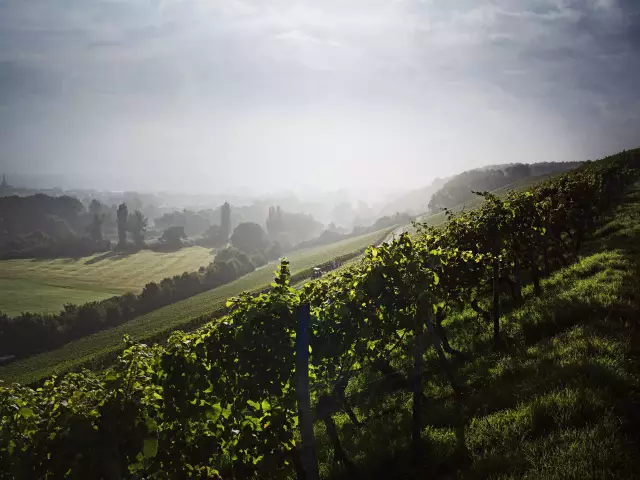
Contact
-
Frankenland GmbH
97076 Würzburg-Lengfeld Hertzstraße 12 Bayern Germany


